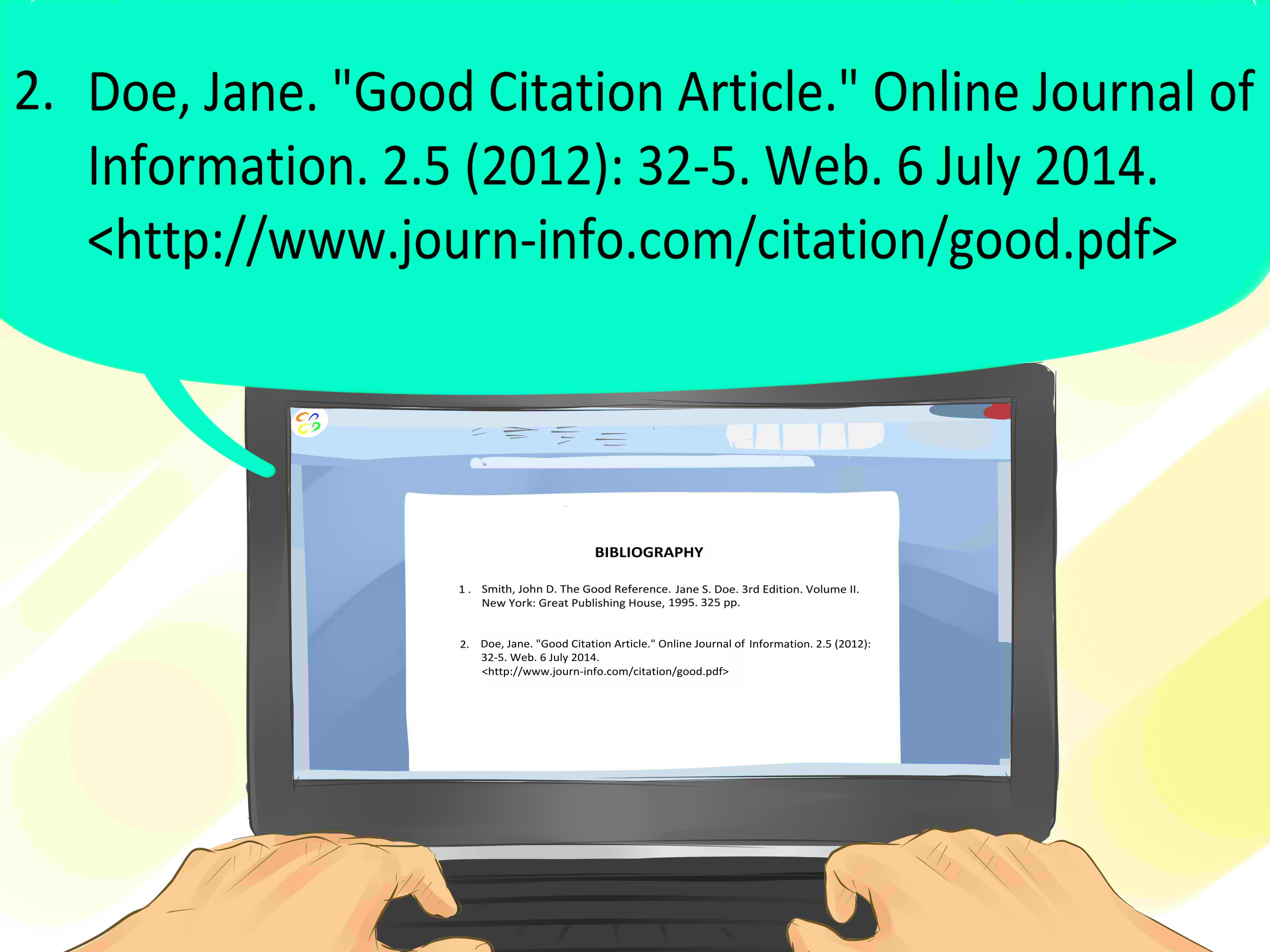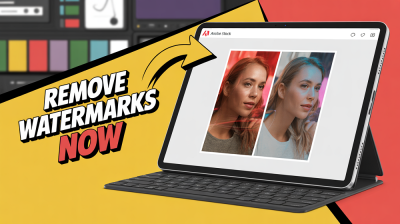Citing images properly is essential in any work, whether it's academic, online, or in print. Not only does it give credit to the original creators, but it also enhances your credibility as a creator. When using images from Getty, understanding how to cite them correctly can save you from potential legal issues and promote ethical practices in your work. In this post, we’ll explore the basics of citing images, focusing particularly on Getty Images.
Understanding Copyright and Licensing for Getty Images

When it comes to using images, copyright and licensing are crucial concepts to grasp. Getty Images operates under strict copyright laws that protect the rights of their photographers and artists. Here’s a breakdown of what you need to know:
- Copyright Basics: Copyright gives the creator exclusive rights to reproduce, distribute, and display their work. This means you can't simply grab an image and use it without permission.
- Licensing: Getty Images provides various licensing options, including rights-managed and royalty-free licenses. Each type has different rules regarding usage, duration, and distribution.
Rights-Managed Licenses: These licenses are specific to a particular use. For example, if you want to use an image in a magazine article, you'll need to purchase a license tailored to that usage. The cost can vary based on factors such as:
- The size of the image
- The duration of use
- The type of publication (online, print, etc.)
Royalty-Free Licenses: This option allows you to pay a one-time fee for broader use of an image. After purchasing a royalty-free license, you can use the image multiple times without additional costs, as long as you adhere to the license agreement. However, it’s important to read the terms carefully, as some restrictions may still apply, like not using the image in a way that implies endorsement.
When citing Getty Images in your work, include the following information:
- Name of the photographer
- Title of the image (if available)
- Source (Getty Images)
- URL of the image
For example, a citation might look like this:
Jane Doe. "Sunset Over the Ocean." Getty Images. www.gettyimages.com/123456789
By understanding copyright and licensing, you can ensure that you're properly citing images from Getty and respecting the rights of creators. This not only helps you avoid legal troubles but also fosters a culture of respect and appreciation for artistic work.
Also Read This: How to Get an Educational License for Getty Images
3. Step-by-Step Guide to Citing a Getty Image

Citing a Getty image accurately is crucial for respecting copyright and giving credit to the original creator. Here’s a simple step-by-step guide to help you through the process:
- Access the Getty Image: Start by finding the image you wish to use on the Getty Images website. Make sure you have the correct license for your intended use.
- Gather Information: Obtain all necessary details about the image. This typically includes:
- Photographer's name
- Title of the image
- Date of publication
- URL link to the image
- Copyright © notice
- APA: Photographer's Last Name, First Initial. (Year). Title of image [Description]. Website Name. URL
- MLA: Photographer's Last Name, First Name. Title of Image. Year, Getty Images, URL.
- Chicago: Photographer's Last Name, First Name. Year. Title of Image. Website Name. URL.
By following these steps, you’ll not only comply with copyright laws but also enhance the credibility of your work. Remember, proper citation is a sign of respect to the creators whose work inspires you!
Also Read This: Understanding the Ownership and History of iStock
4. Different Citation Styles and Their Requirements
When it comes to citing images, different academic and professional fields often prefer specific citation styles. Here’s a breakdown of the most common styles and their requirements for citing Getty Images:
APA (American Psychological Association)
APA is widely used in the social sciences. Here’s how to cite images:
- Format: Photographer's Last Name, First Initial. (Year). Title of image [Description]. Website Name. URL
- Example: Smith, J. (2022). Sunset over the mountains [Photograph]. Getty Images. https://www.gettyimages.com/examplelink
MLA (Modern Language Association)
MLA is common in humanities and liberal arts. The citation style is slightly different:
- Format: Photographer's Last Name, First Name. Title of Image. Year, Getty Images, URL.
- Example: Smith, John. Sunset over the mountains. 2022, Getty Images, https://www.gettyimages.com/examplelink.
Chicago Style
Chicago is often used in history and some other disciplines. It offers two systems: Notes and Bibliography, and Author-Date. Here's how to cite with the Notes and Bibliography system:
- Format: Photographer's Last Name, First Name. Year. Title of Image. Website Name. URL.
- Example: Smith, John. 2022. Sunset over the mountains. Getty Images. https://www.gettyimages.com/examplelink.
Each style has its nuances, so it's essential to refer to the respective style guides for more detailed rules. Remember, the goal is to create a clear path for your readers to find the original image while respecting the creator's rights!
Also Read This: How Much is Adobe Stock Subscription in 2023?
5. Examples of Properly Citing Getty Images
Citing images, especially from a renowned source like Getty, is crucial for maintaining credibility in your work. Here are some examples to help you understand how to do it properly:
Example 1: Basic Image Citation
If you’re using an image in a blog post, your citation might look like this:
- Photographer’s Last Name, First Name. Title of the Image. Year. Getty Images, URL.
For instance:
- Smith, John. Sunset Over the Ocean. 2022. Getty Images, https://www.gettyimages.com/detail/photo/sunset-over-the-ocean-royalty-free-image/123456789.
Example 2: Citing in Academic Work
If you’re writing a paper, you may need to use a specific citation style (like APA or MLA). Here’s how it would look in APA format:
- Photographer’s Last Name, First Initial. (Year). Title of the Image [Photograph]. Getty Images. URL
So, in practice:
- Smith, J. (2022). Sunset Over the Ocean [Photograph]. Getty Images. https://www.gettyimages.com/detail/photo/sunset-over-the-ocean-royalty-free-image/123456789.
Example 3: Social Media Post
When posting on social media, your citation can be more casual but should still provide credit:
- Image by John Smith via Getty Images: Sunset Over the Ocean. Check it out here: https://www.gettyimages.com/detail/photo/sunset-over-the-ocean-royalty-free-image/123456789.
These examples illustrate the flexibility in citing Getty Images depending on your medium. Always ensure you’re respecting copyright and providing proper attribution!
6. Common Mistakes to Avoid When Citing Images
Citing images correctly may seem straightforward, but there are several common pitfalls to watch out for. Here’s a rundown of mistakes to avoid:
- Missing Credits: One of the biggest errors is failing to credit the photographer or Getty Images altogether. Always include this information, even in casual settings.
- Incorrect Formatting: Different citation styles have unique requirements. Make sure you’re following the format specific to APA, MLA, or whatever style you’re using.
- Using Unsourced Images: Don’t use images without verifying their source. Always check that your image is from Getty and has the right usage permissions.
- Neglecting the URL: Especially for online content, don’t forget to include the URL to make it easy for readers to find the source. This adds transparency to your work!
- Overlooking Copyright Notices: If an image has a copyright notice, respect it! Some images on Getty require special permissions for use, so double-check the licensing terms.
- Inconsistency: Use a uniform style for all citations throughout your work. Inconsistent formatting can confuse readers and detracts from your professionalism.
By avoiding these common mistakes, you’ll not only enhance the quality of your work but also show a commitment to ethical standards in content creation. When in doubt, always refer back to Getty's guidelines or consult a citation manual for clarification!
 admin
admin








